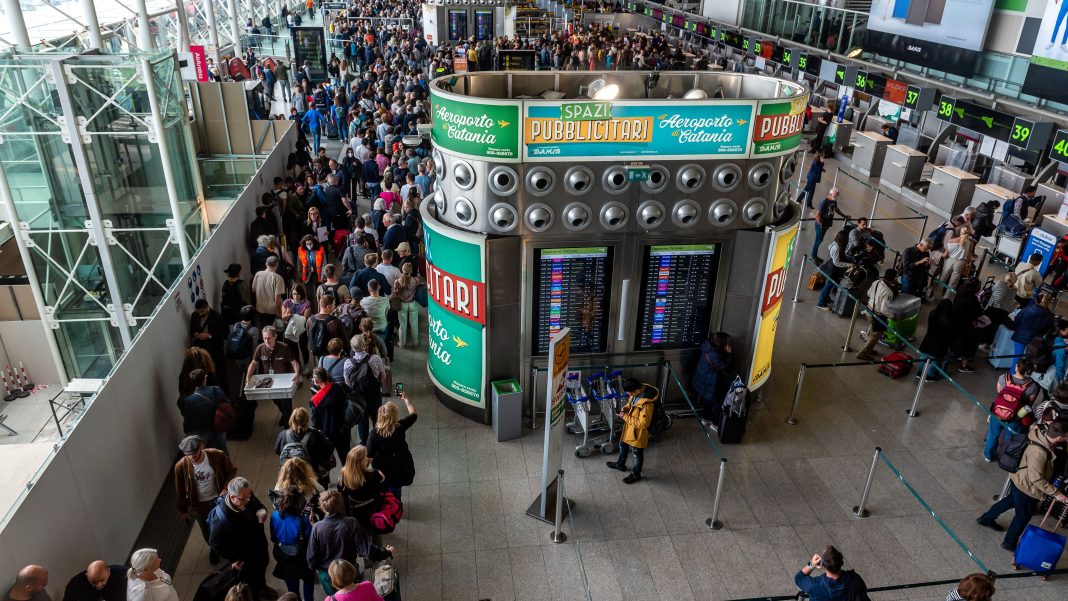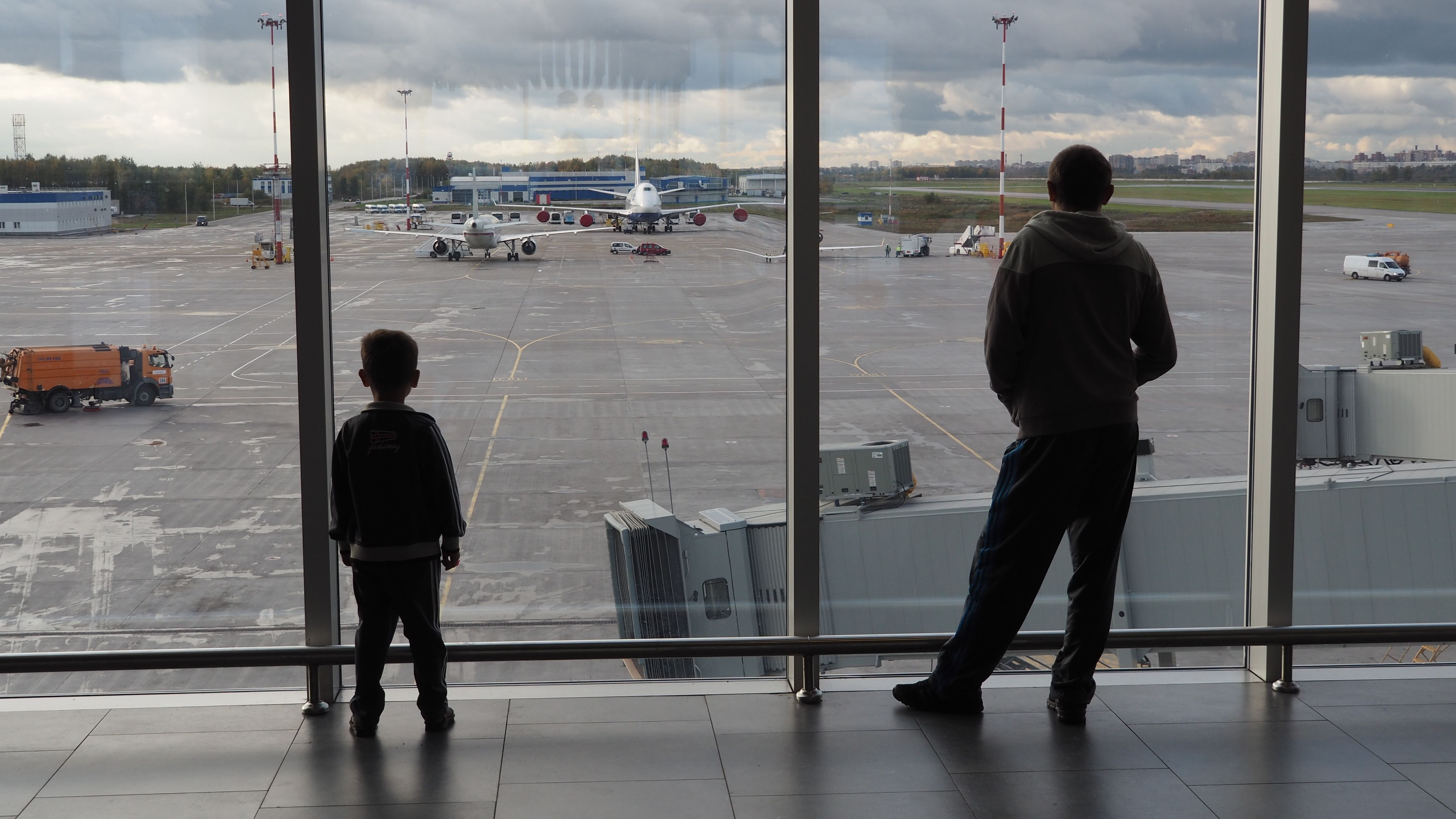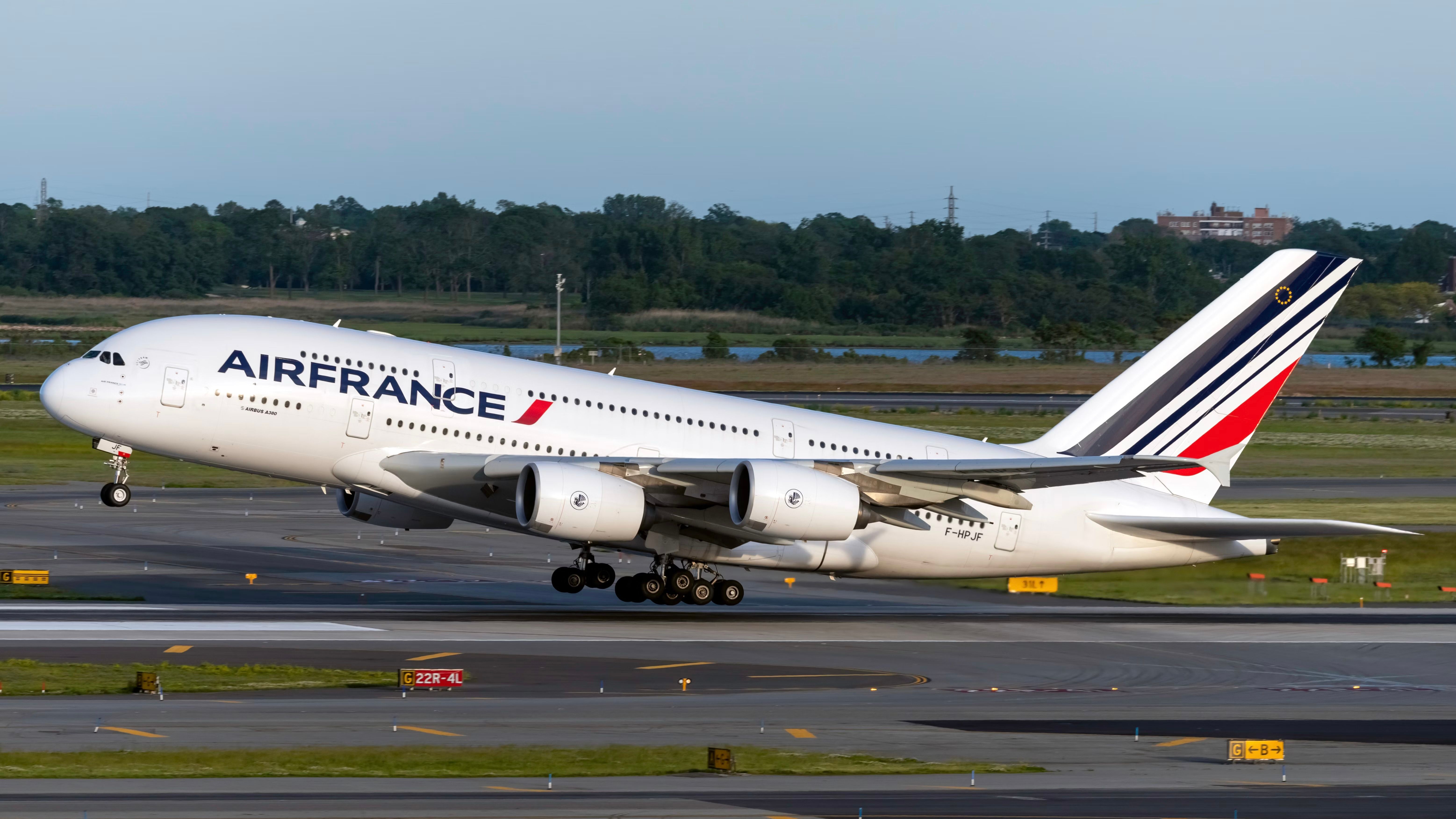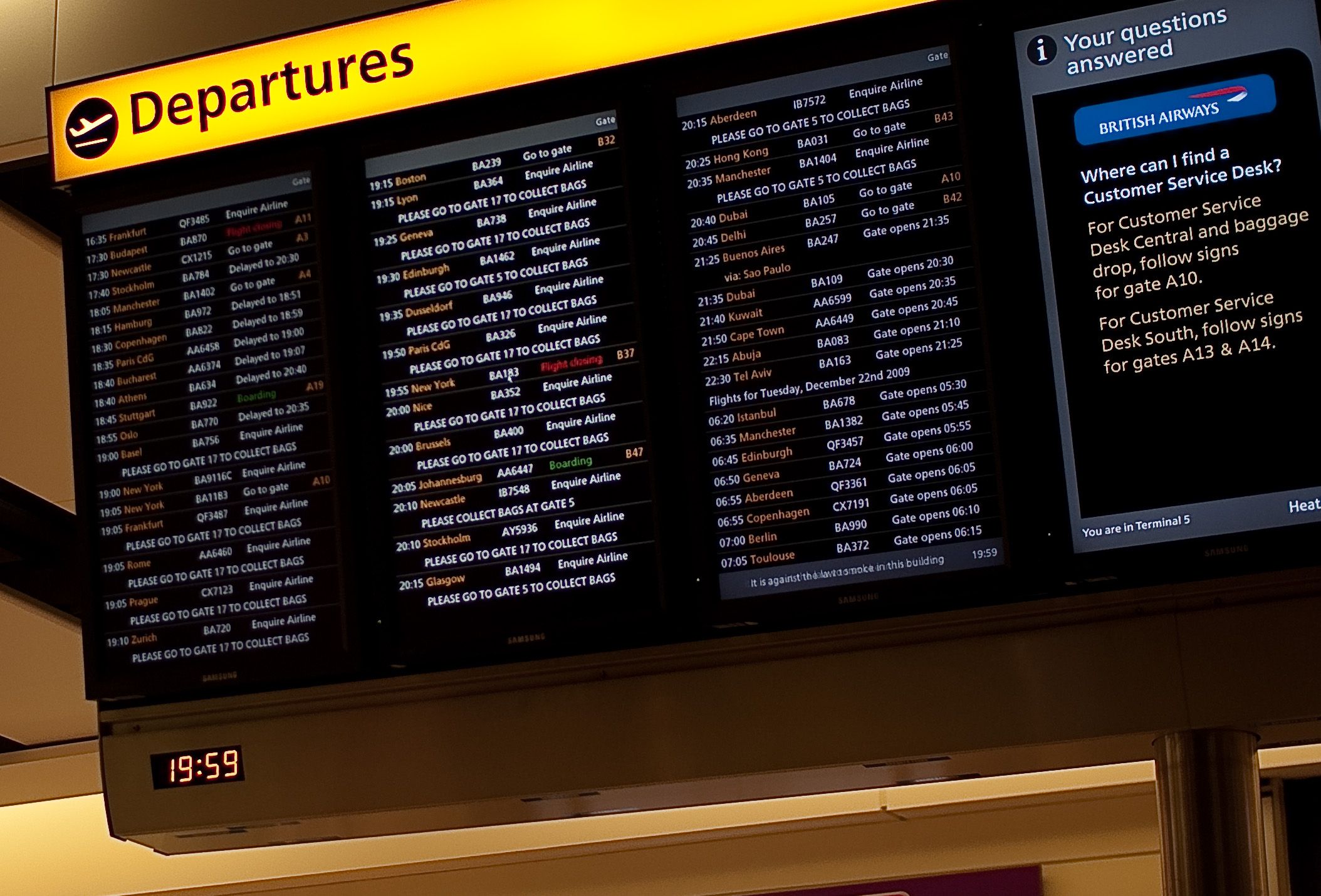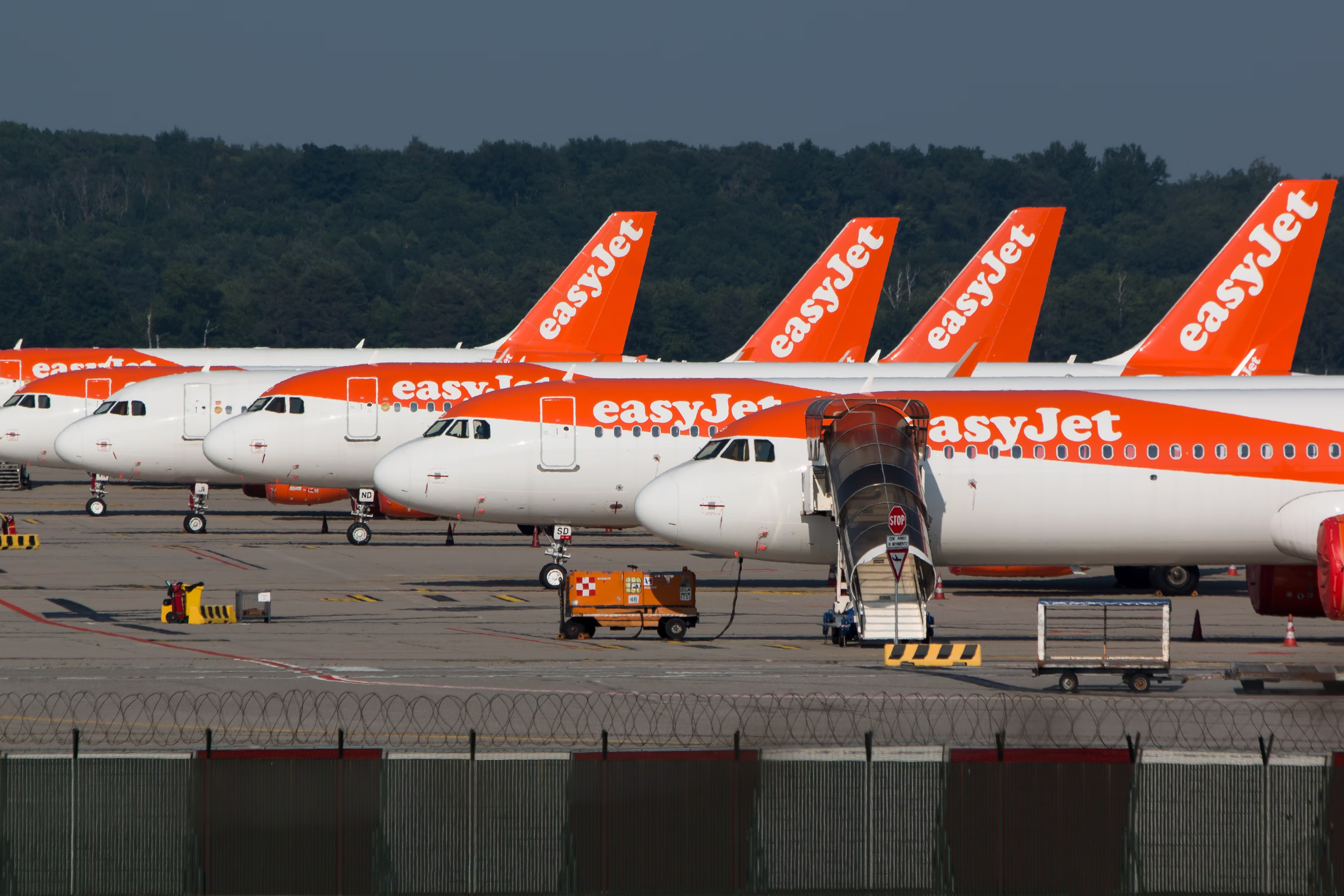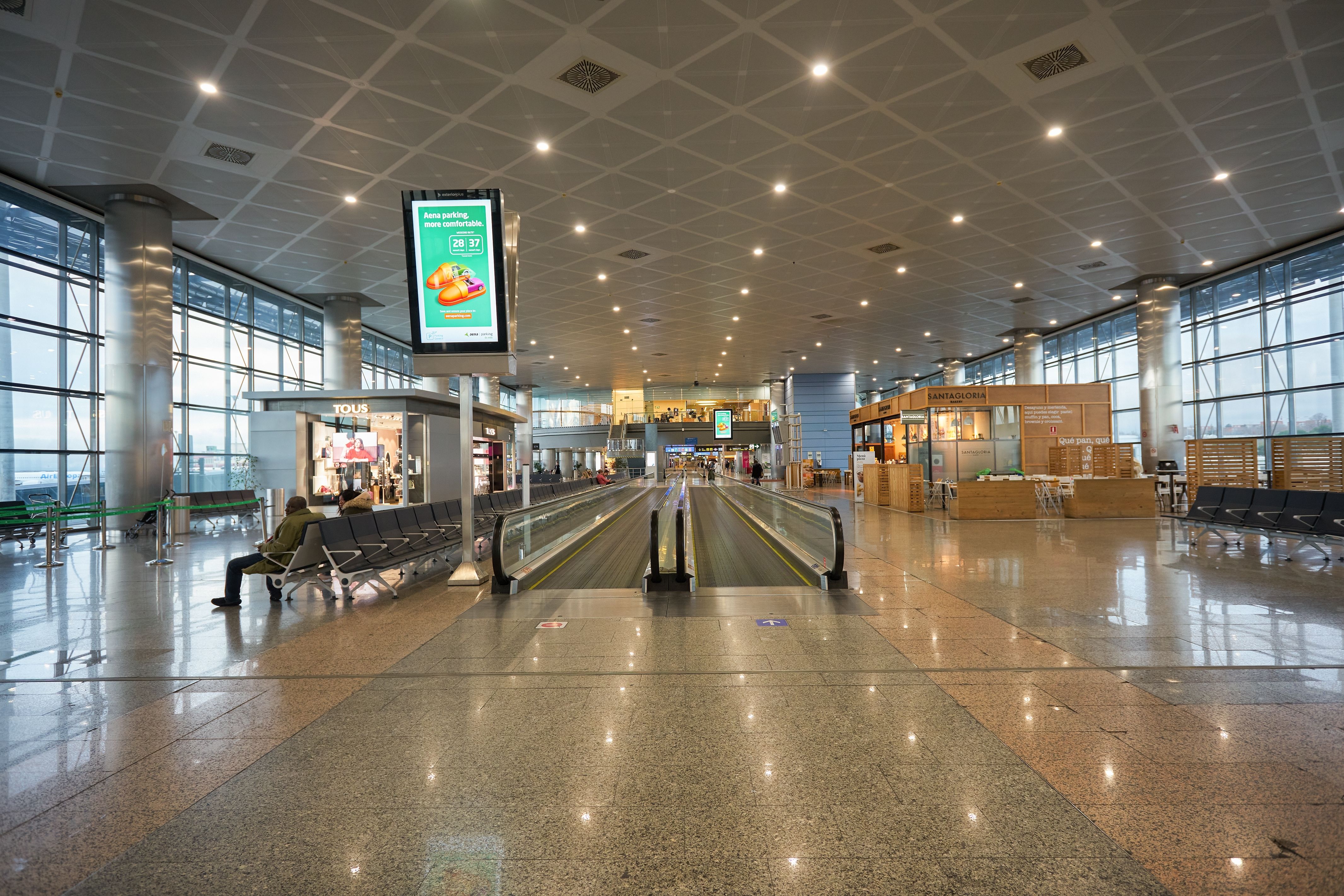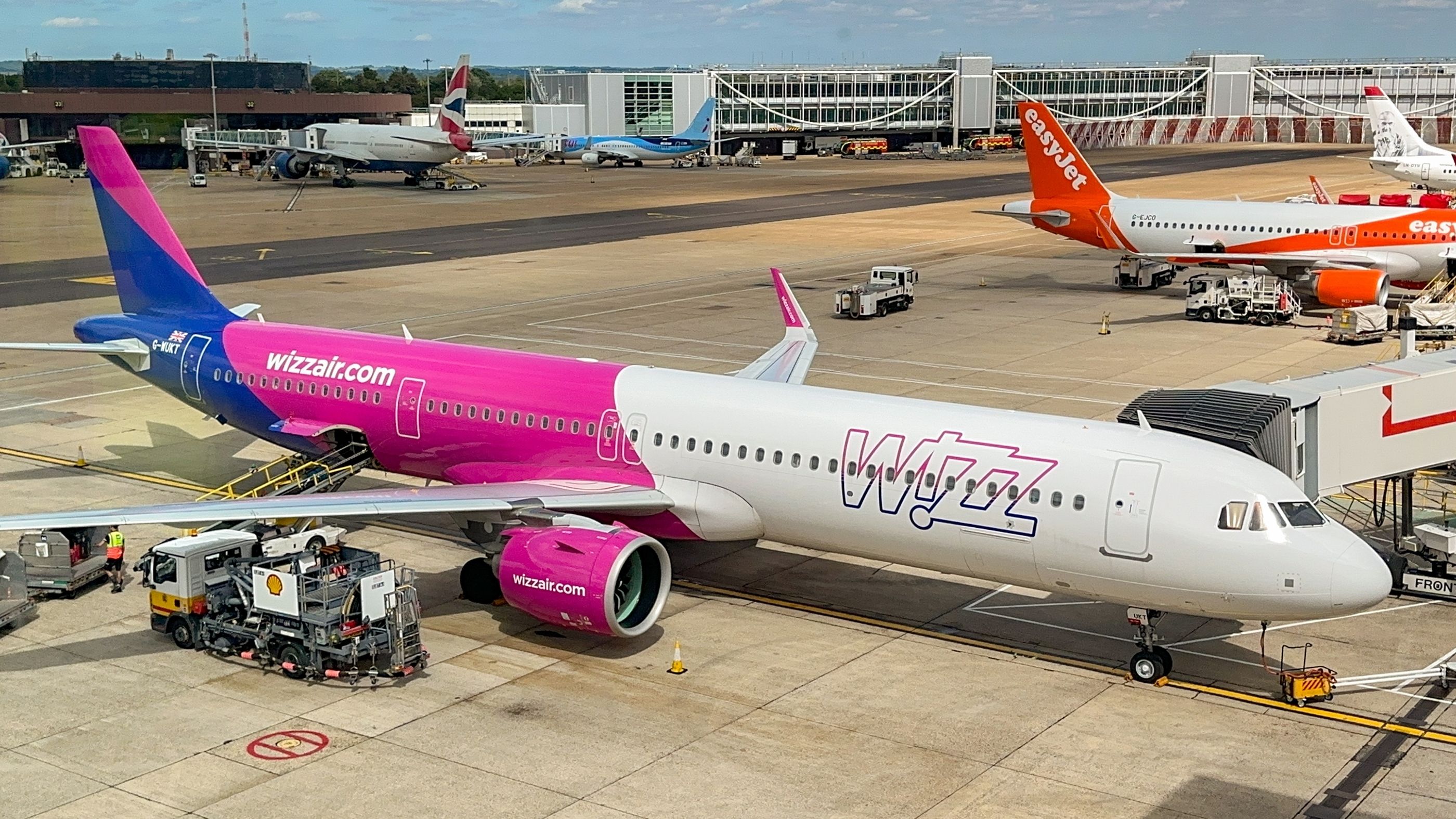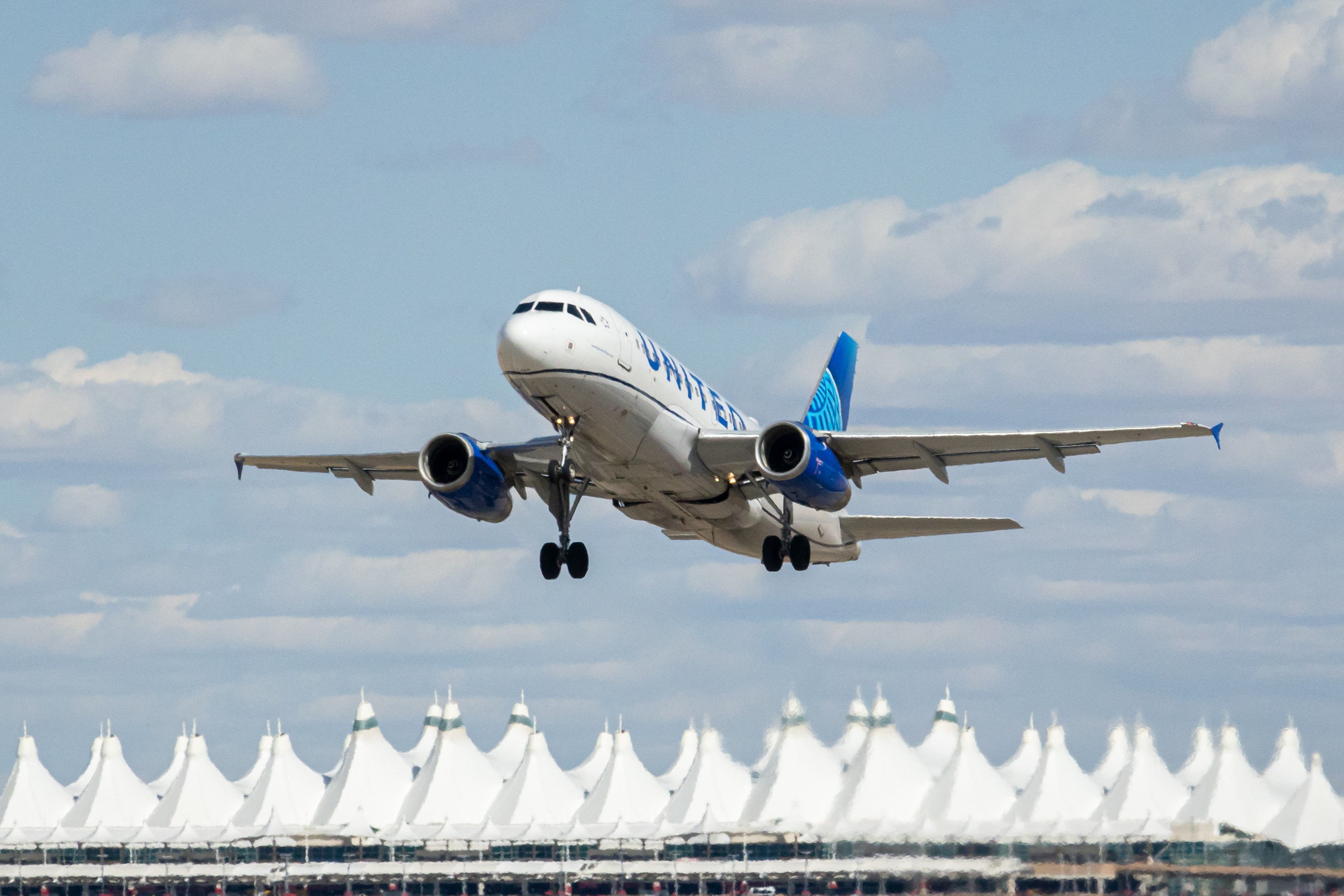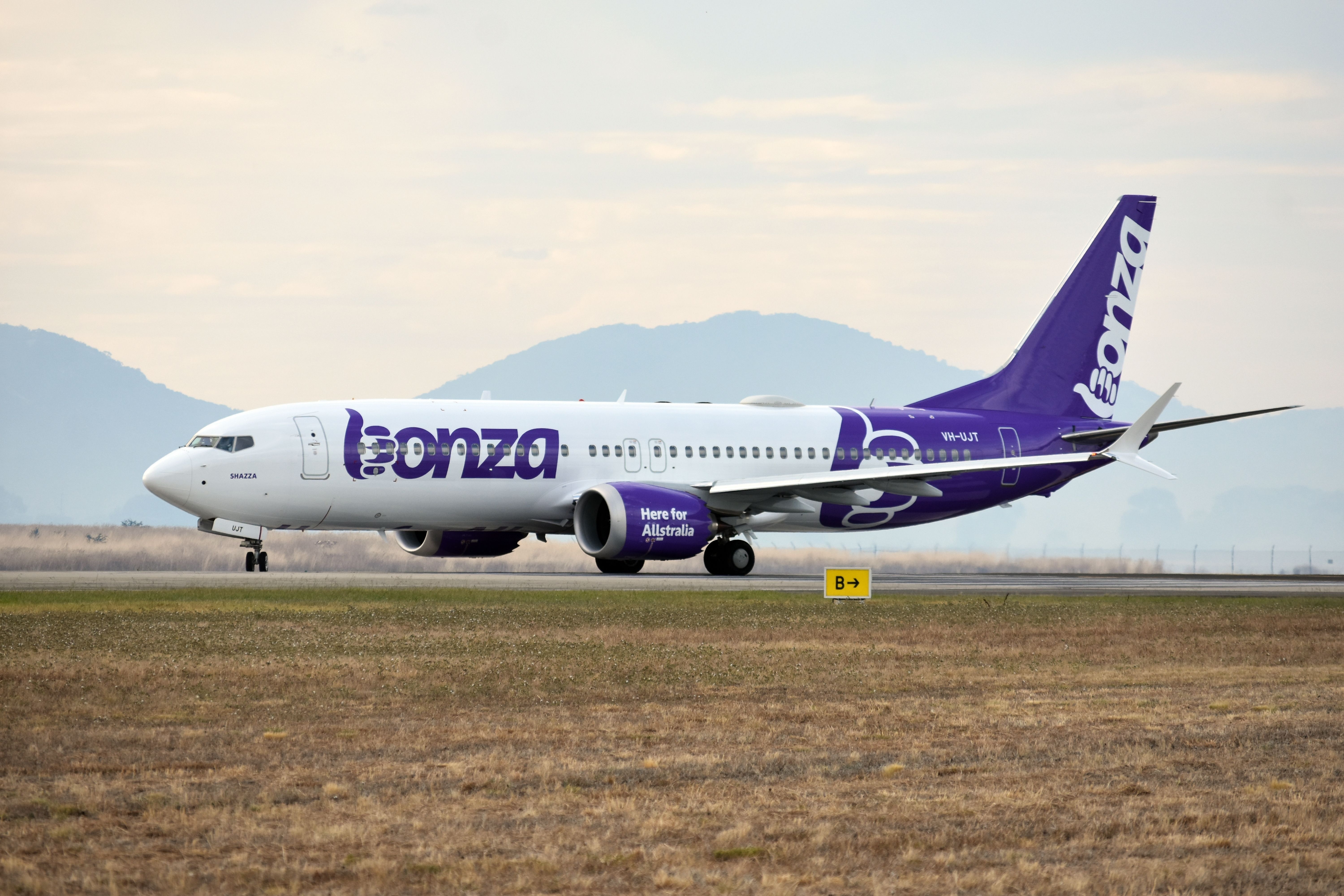Most people traveling in Europe know that there is a good compensation scheme for canceled and delayed flights, as well as for passengers who are denied boarding. It is a great scheme, but the rules are complex, with several factors affecting how much (if anything) airlines have to pay out. Knowing how this works before you have any travel problems is useful.
Compensation in Europe
Europe has some of the most generous regulations for compensation in the event of flight delays and cancelations. These were introduced in 2004, as Regulation EC 261/2014 (commonly referred to as just EU261), and have applied to all flights since February 17th, 2005. The regulations mandate compensation of between €250 ($266) and €600 ($639) and duty of care responsibilities for airlines.
Photo: Alexander Gafarro / Shutterstock
Application of EU261
EU261 applies to the following:
- All flights departing from an EU airport (regardless of airline or destination)
- All flights to an EU airport, operated by a European based airline
This, of course, creates a strange situation where passengers are only covered for half of a long-haul trip if flying with a non-EU airline. An American Airlines return from Paris to New York, for example, would be covered for the outbound flight from Paris, but not the return. An Air France flight would be covered for both.
Photo: Vincenzo Pace | Simple Flying
Interestingly, while Norway and Switzerland aren’t members of the EU, they are still part of EU261 rules, while the UK has its own similar scheme. EU 261 applies to all passengers, regardless of nationality. And it applies to any publically available purchased ticket. This includes low promotion fares (such as those offered by low-cost airlines), tickets purchased using airline mileage, and even mistake or error fares. It would not include staff discounted or free tickets.
How much is the compensation for a delay?
Compensation for delayed flights (and for denied boarding) applies under the following circumstances:
- The flight is delayed over three hours. This is based on scheduled and actual arrival time at the final destination. It is not based on departure time, nor does it apply for just part of a connecting journey if the final arrival time is not impacted.
- The delay must not be due to ‘extraordinary circumstances.’ The main consideration here is whether the airline could have foreseen or done anything to avoid the delay. Over the years, this has been further clarified, but still often causes confusion and claims difficulties. Weather, air traffic control delays, strikes, and political unrest are not covered. Avoidable technical aircraft problems, staffing, and scheduling issues should be.
The amount of compensation depends on the total delay time and the length of the flight, as follows:
For a flight up to 1,500 kilometers:
- €250 ($266) for a delay over three hours
For a flight between 1,501 and 3,500 kilometers within the EU:
- €400 ($426) for a delay over three hours
For a flight over 3,500 kilometers within the EU:
- €400 ($426) for a delay over three hours
For a flight over 3,500 kilometers:
- €300 ($319) for a delay of three to four hours
- €600 ($639) for a delay over four hours
What about flight cancellations?
EU261 also provides cover when flights are canceled. In all circumstances, passengers are entitled to duty of care and flight rebooking, rerouting, or a ticket refund.
Photo: Simone Previdi/Shutterstock
If the flight is canceled less than 14 days before departure, compensation may also apply. This is at the same rate as the compensation for a delay but subject to a few changes, including:
- For notification over 14 days before, no compensation applies.
- If the passenger was notified between 14 and seven days before the flight, compensation does not apply if a re-route is offered that departs no more than two hours earlier than originally scheduled and arrives no more than four hours later.
- If the passenger was notified less than seven days before the flight, compensation does not apply if a re-route is offered that departs no more than one hour earlier and arrives no more than two hours later.
- When the flight is canceled due to extraordinary circumstances, compensation does not apply.
Duty of care responsibilities
As well as compensation, EU261 mandates duty of care from the airlines. This is a welcome relief for passengers; in many countries, such care is either substandard or very much depends on the policies of separate airlines. Such duty of care responsibility applies in all cases, including ‘extreme circumstances’ that do not require financial compensation.
Photo: Sorbis / Shutterstock
This includes
- Providing an allowance for meals and refreshments, depending on the flight delay.
- Hotel accommodation and transport for overnight delays.
- Re-reimbursement for communication, such as phone calls or email facilities.
How to claim compensation
Airlines will not automatically offer such compensation; it is up to passengers to raise a claim. Passengers can claim either directly with the airline or through a third-party company.
Claiming with the airline is not that complicated. Most airlines have a procedure (and usually a form) on their website, and you simply submit flight and ticket details. Make sure you keep boarding passes or other evidence, though, as it may be needed.
Depending on the airline and the circumstances of the delay, airlines may pay easily or refuse initially. In these cases, passengers can escalate the claim through a local regulatory body. Using a third-party company (there are many around) for the whole claim, or just a later escalation, can be easier and quicker. But they will take a percentage of any compensation awarded.
Photo: Ceri Breeze / Shutterstock
Also, note that the claim can be made much later – up to five or six years later in most cases – so it does not have to be filed at the same time as the delay. So focus on ensuring proper care and suitable flight re-booking if necessary, then follow up later with the EU261 claim.
Compensation in other countries
The EU regulations are a great bonus for passengers who can make use of them; they are much more comprehensive and well-defined than in most other countries. And the amounts offered, especially for low-cost short flights, are very generous. After a rule change last year, non-EU carriers are now required to follow EU261 regulations when operating flights for EU carriers – a loophole was closed after three passengers sued United Airlines for a delay during a flight operated for German carrier Lufthansa.
Photo: Denver International Airport
In the US, for example, airlines have a duty to provide some care, but not compensation. However, the US Department of Transport (DOT) has been mulling over an EU261-style compensation scheme recently, so things could change stateside sooner than you think. As Transportation Secretary Pete Buttigieg noted, the rule would “require airlines to compensate passengers and cover expenses such as meals, hotels, and rebooking in cases where the airline has caused a cancellation or significant delay.”
Photo: 55north Photography | Shutterstock
Similar proposals are on the table in Australia, but carriers are against it, claiming it would only push up airfares to pay for all the compensation claims. Speaking to The Guardian, John Sharp, Deputy Chairman of Rex, claimed,
“My concern with all of these things is, having watched what’s happened in Europe, if you’re not careful you can drive up the cost of air travel, and you penalise consumers, because airlines factor in the cost of compensation into their standard tickets.”
Would you like to share any thoughts or experiences of EU261? Why do you think other countries have yet to introduce similar schemes? Let us know in the comments.
Source: Official Journal of the European Union, The Guardian
[ad_2]
Source link
